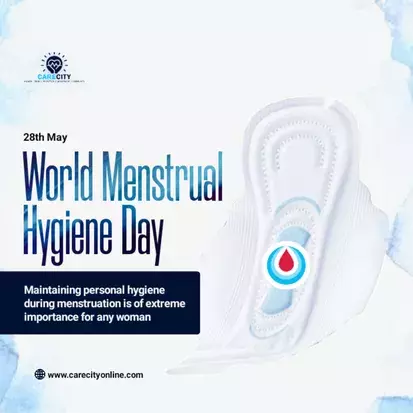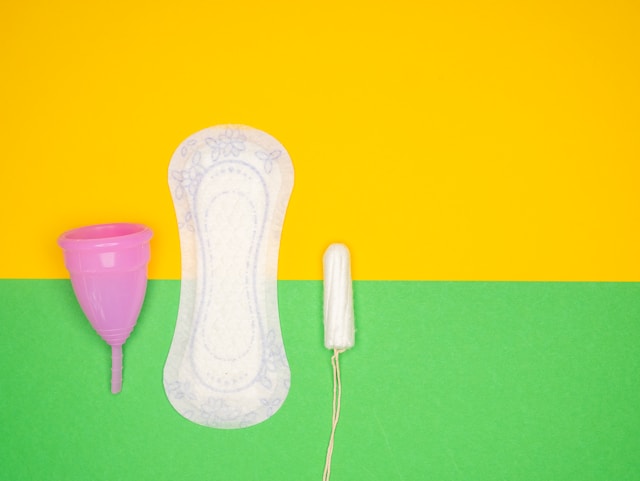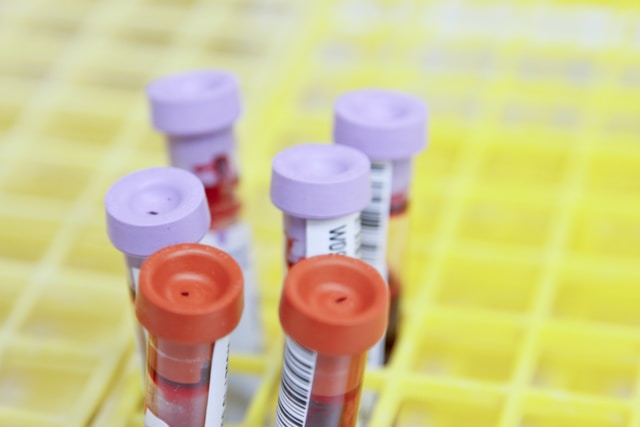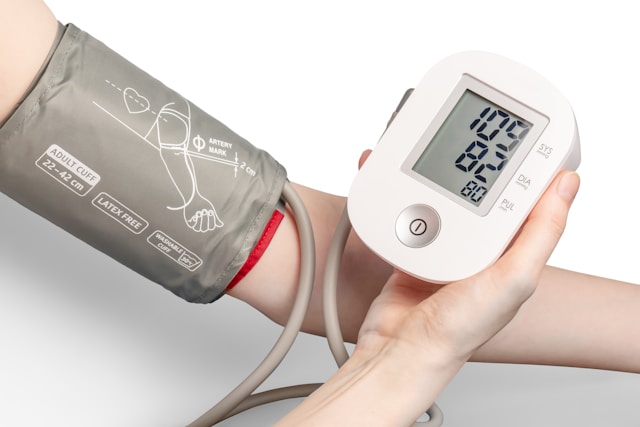In this article, we explain everything you need to know about the menstrual cycle, menstruation, and menstrual hygiene and its impact on the lives of girls and young women worldwide.
Enjoy your read!
What Happens On May 28?

Together For A #PeriodFriendlyWorld
It isn’t just about menstrual hygiene but menstrual health.
Menstrual Hygiene Day reminds the world of the importance of menstruation in women’s lives and campaigns to change the world’s perception of menstruation.
In a period-friendly world, the cultural taboos surrounding menstruation, which is a normal physiological occurrence in women of childbearing age, are abolished, and all women have access to safe products, accurate period education and period-friendly support they need.
Menstrual Cycle
The menstrual cycle is an important part of every girl/woman’s life.
It is the time the body prepares for a possible pregnancy each month, ranging between 21 and 35 days.
During this period, the lining of the uterus prepares itself for pregnancy by becoming thicker and richer in blood vessels.
When pregnancy does not occur, the thickened lining is shed, followed by bleeding.
This is known as Menstruation or Period.
For many women, menstruation happens in a regular, predictable pattern and lasts between 3 and 8 days.
Symptoms of Menstruation
There are a lot of symptoms attributed to menstruation, but some of the common ones include:
- Tender breasts
- Abdominal cramps
- FatigueHeadache
- Lower back pain
- Acne
- Bloating
- Poor sleep
- Muscle aches
How To Manage These Symptoms
- Medication: Painful symptoms like cramps can be relieved with anti-inflammatory prescribed drugs.
- Warm Compress/Baths: This can also bring comfort by reducing painful cramps.
- Fluids and High Fiber Diet: To relieve constipation during menstruation, which worsens cramps.
It is advisable to see a physician if the discomforts from menstruation are severe and periods become difficult or prolonged.
Attitude Towards Menstruation
Menstruation is viewed differently based on culture, religion and country/region.
There are also many beliefs/superstitions associated with menstruation.
For some, it is an official induction to womanhood, while others see the phase as dirty, unclean, or unholy.
Some religions and cultures even forbid a woman who is menstruating from participating in religious activities.
In addition, the lack of proper knowledge of menstrual hygiene and access to sanitation facilities and materials are major issues in many developing countries.
All of these have a negative impact on girls and women and can hinder them from maximizing their full potential.
For example, young girls and women who have poor access to menstrual hygiene products or places to change outside their homes have to miss school, and this can affect their academic performance.
Adequate attention and resources have to be given to improve the menstrual health of girls and women all over the world, and this, of course, requires the collaboration of the government, policymakers, heads of organizations and schools.
More importantly, there should be increased awareness of menstrual hygiene, which can be incorporated into the academic curriculum of schools; this would equip young girls and women with the proper knowledge on how to manage their menstrual period well and also contribute to demystifying the misconceptions associated with menstruation.
Menstrual Hygiene

There are basic steps to ensure a clean, healthy, and comfortable state during menstruation.
These would also help to prevent infections and minimize odours.
They include;
- Wear lightweight clothing (i.e. cotton underwear). Tight clothes can trap moisture and heat, which can cause germs to grow.
- Keep your genital area clean: Wash the outside of your vagina (vulva) and bottom every day. When you use the toilet, wipe from the front of your body toward the back and use only water to rinse your vulva. The vagina is a self-cleaning organ; washing or using chemicals to cleanse the vagina can alter the natural pH balance of the vagina, which can be harmful, leading to a vaginal infection.
- Change your menstrual products regularly: Wearing a pad or period underwear for too long can lead to a rash or an infection because trapped moisture provides a breeding ground for bacteria and fungi.
- Track and monitor your period: Several calendars or apps on your phone can be used for this purpose. Tracking your period is important because the menstrual cycle is a valuable marker of your overall health. Irregular periods can be a sign of conditions like diabetes, celiac disease and thyroid problems.
- Don’t use scented toilet paper, tampons, or pads: These can irritate the skin and affect your natural pH balance.
- Ensure liberal fluid intake: Sufficient fluid intake cleanses out your urinary tract, preventing infections.
- Annual check-up: This is necessary for good reproductive health as they can catch early onset of cancer or other health issues. The check-up can include a pelvic exam, a breast exam, etc.
As stated earlier, see a doctor (gynaecologist) if you have extreme or unusual pain, have more severe period symptoms than usual (a heavier flow or more extended period) or a change in vagina odour.
Bottom Line
In conclusion, May 28 is celebrated yearly as World Menstrual Hygiene Day to create awareness of proper menstrual hygiene and break the taboos surrounding it.
This year marks the 10th anniversary of Menstrual Hygiene Day, which was first observed in 2014 and initiated by WASH United in 2013.
A German non-profit, WASH United, is the global coordinator for Menstrual Hygiene Day and acts as its secretariat.
The theme for the year 2024 is a #PeriodFriendlyWorld.
What Can You Do?
Create awareness of the importance of menstrual hygiene, encourage girls and young women to speak up about their menstrual health and seek medical attention for severe symptoms. And yes, you can gift a girl/young woman a pad today!
Menstrual health is a fundamental human right for all women!
Campaigns like World Menstrual Hygiene Day can help us gradually abolish expired cultural and societal beliefs and practices that have, for ages, prevented women from getting quality menstrual care.
Join Care City today as we advocate for #aperiodfriendlyworld!
Happy World Menstrual Day!
Follow Care City on Instagram, Twitter, Facebook and LinkedIn for more.
References
About. (n.d.-d). https://www.menstrualhygieneday.org/about
Menstrual Cycle Basics – your period. (n.d.). https://www.yourperiod.ca/normal-periods/menstrual-cycle-basics/
Healthy habits: menstrual hygiene. (2024b, May 7). Water, Sanitation, and Environmentally Related Hygiene (WASH). https://www.cdc.gov/hygiene/about/menstrual-hygiene.html#:~:text=Do%20not%20flush%20menstrual%20products,every%204%20to%208%20hours.





Drop Your Comment